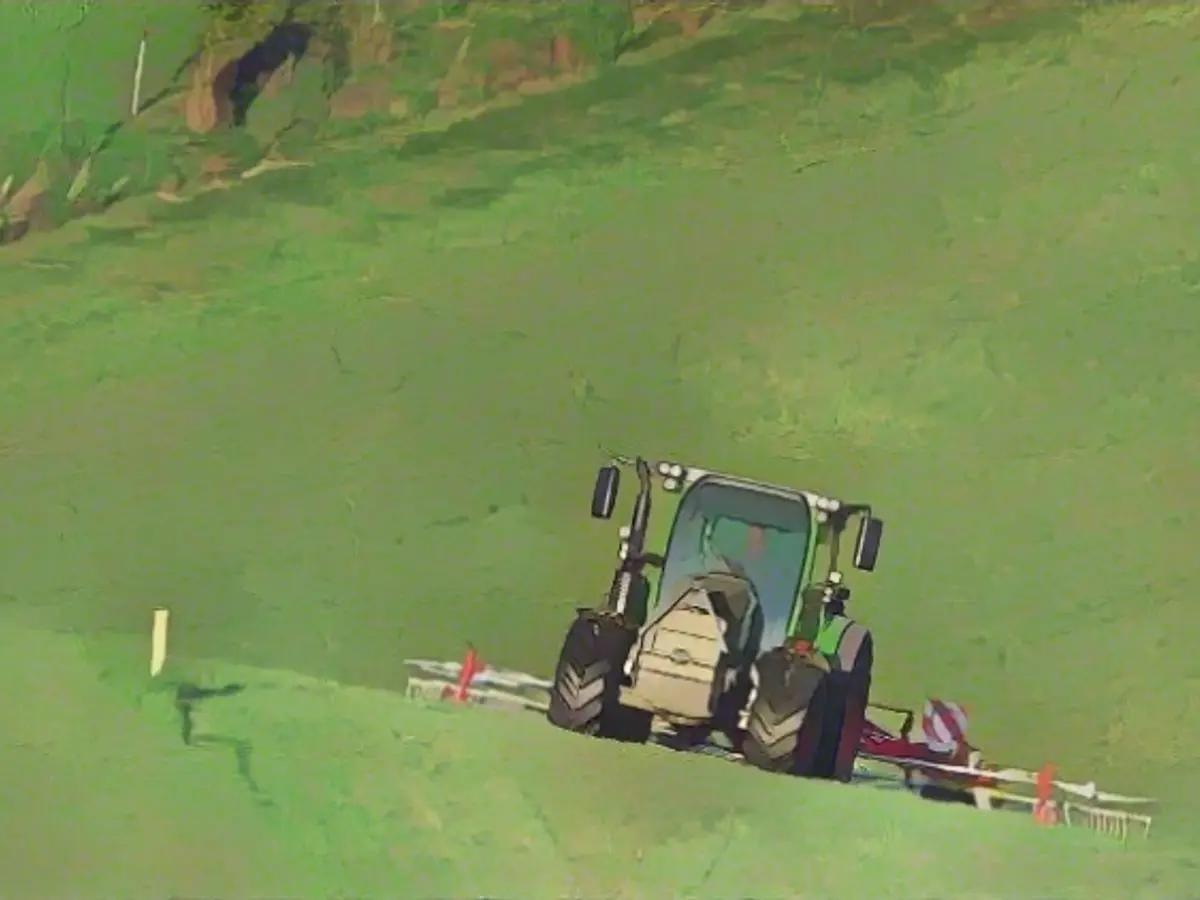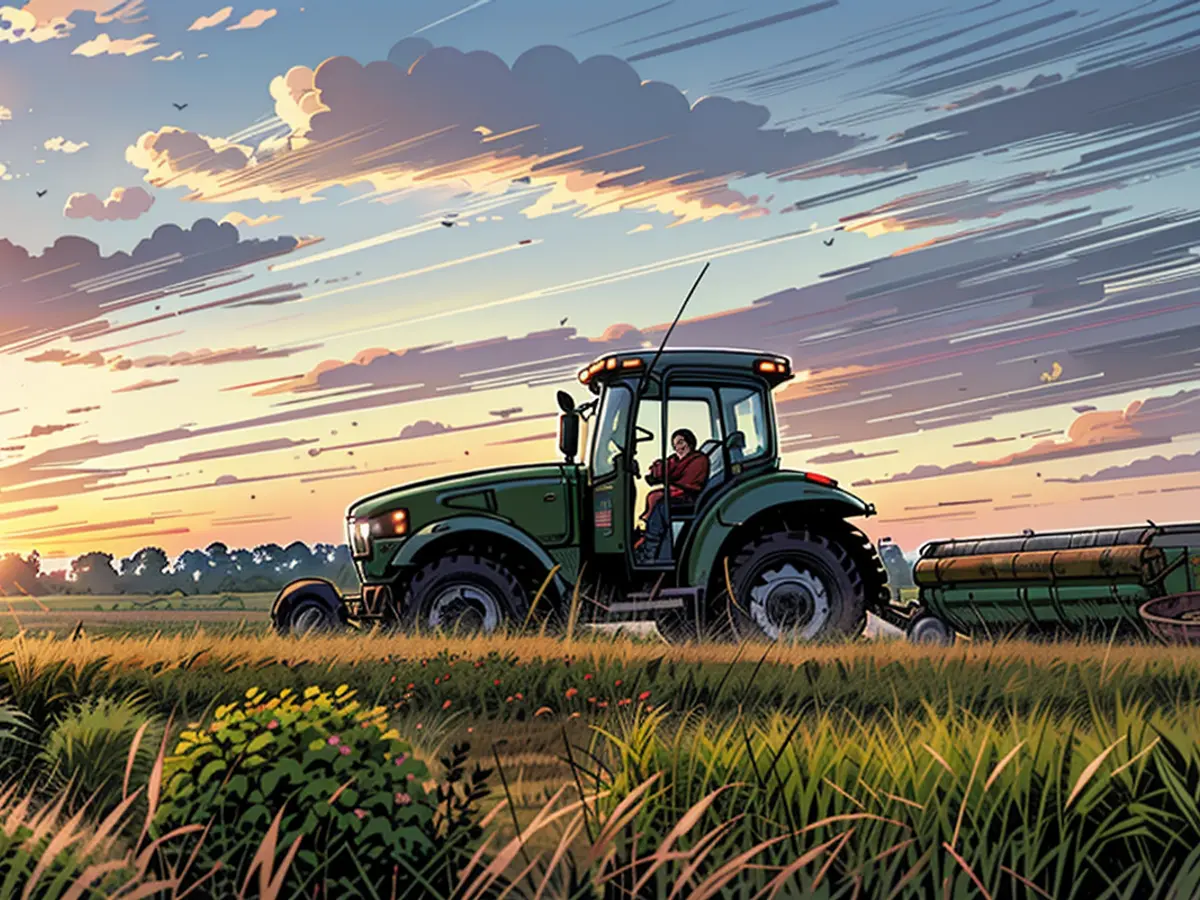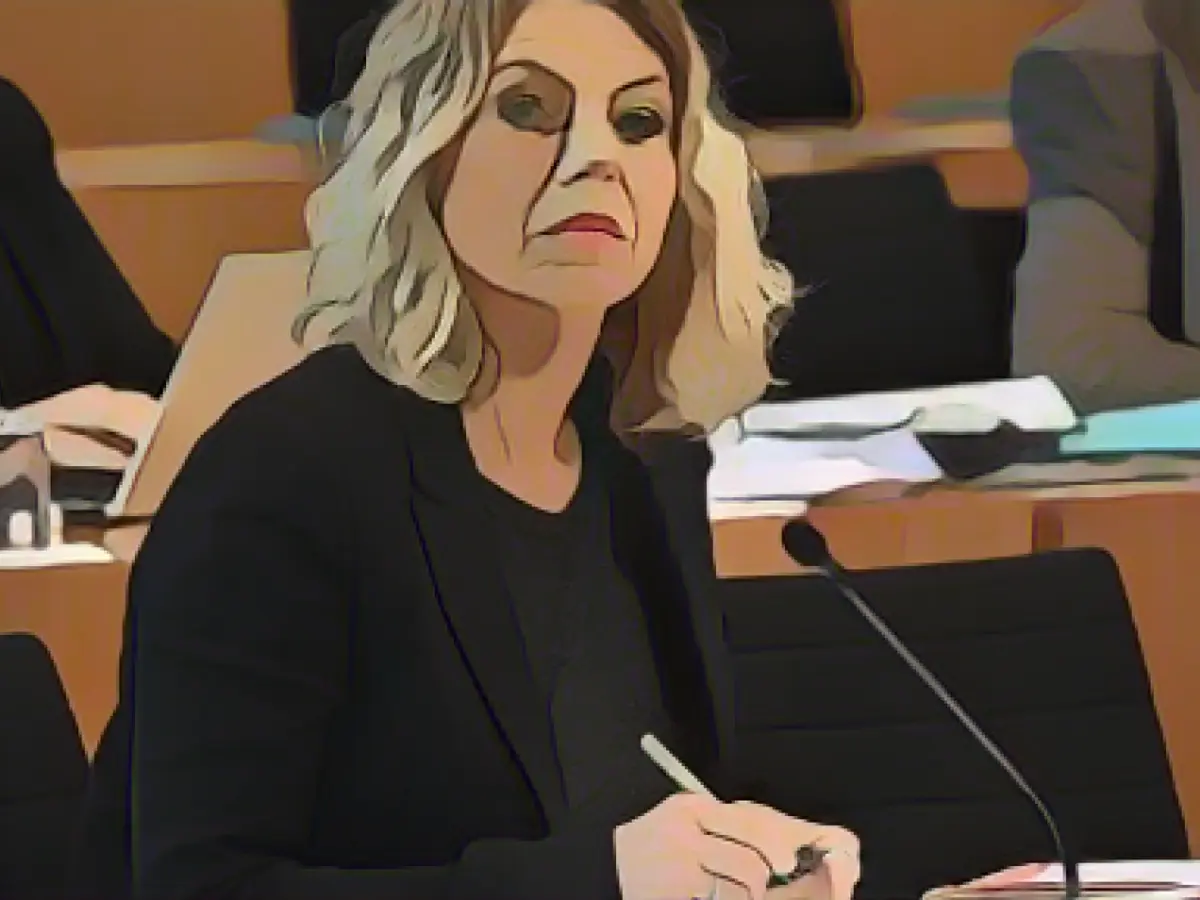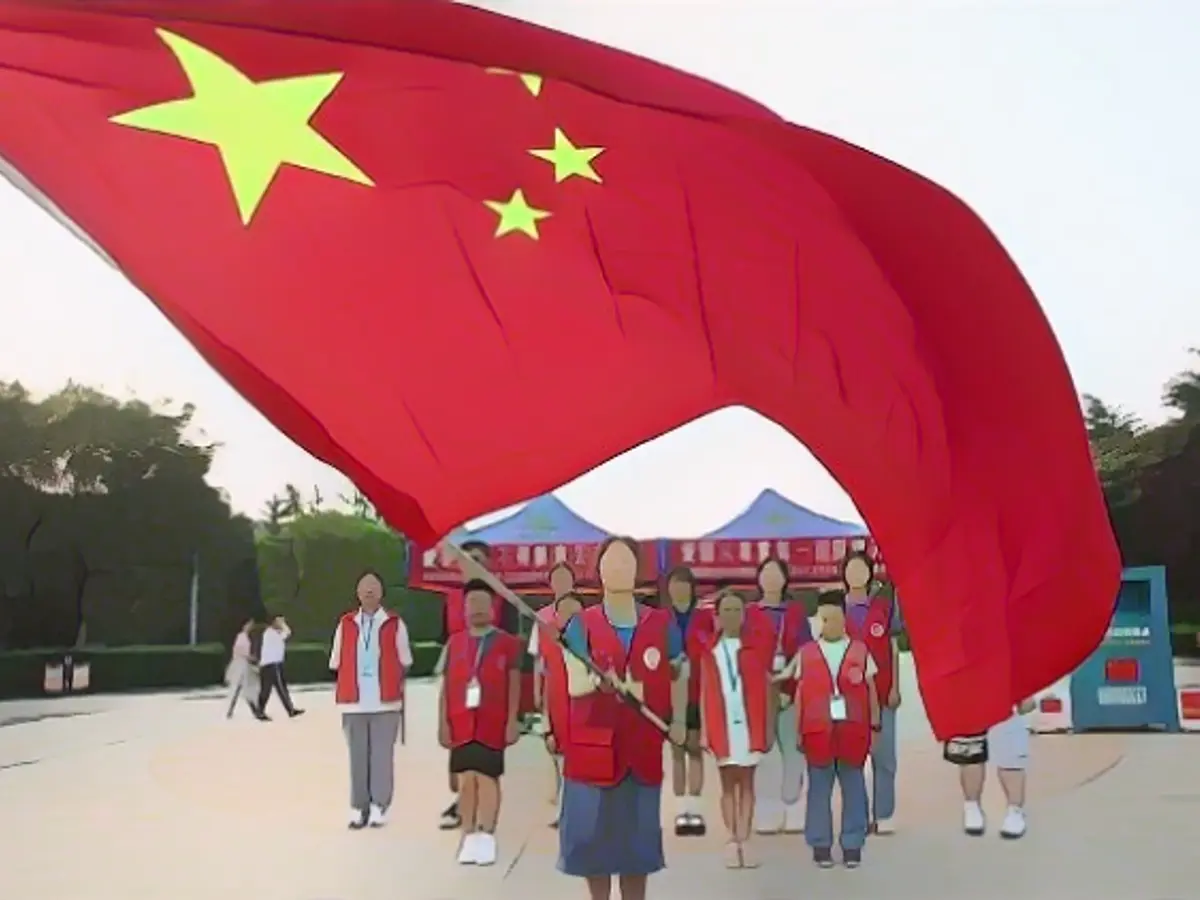Farmers and Their Allies Go on the Offensive Over Agricultural Subsidy Cuts
Farmers, Angry and Unified, Take to the Streets
Farmers in Germany are throwing down the gauntlet against the government's proposed cuts to agricultural diesel subsidies, which they claim would result in significant financial losses and hike up their operational costs. In a massive show of unity, they staged a protest at Berlin's iconic Brandenburg Gate, vowing to make their voices heard.
The president of the German Farmers' Association, DBV, Joachim Rukwied, has urged the coalition government to reconsider the proposed cuts, warning that their ongoing refusal to do so could lead to fierce resistance from the entire agricultural sector.
A Contentious Issue in the Traffic Light Coalition
The revision of agricultural diesel subsidies has sparked tense debates within the German government's traffic light coalition. The Greens and the Free Democratic Party (FDP) have been trading blame over whose responsibility it falls for the planned cuts.
Rukwied argued that the proposed cuts would pose an existential threat to agriculture in Germany. He urged farmers to stand up against these measures and join the demonstration this Monday, assuring them of his unwavering support.
The Government's Response to the Controversy
According to information from the Federal Ministry of Finance, the planned abolishment of the car tax exemption for forestry and agriculture is estimated to generate around €480 million annually. Currently, there is no information available on the potential savings from the abolition of agricultural diesel subsidies.
Rukwied, addressing farmers in a heartfelt video appeal, emphasized that the proposed cuts threaten to inflict a loss of over €1 billion on farmers, labeling this as totally unacceptable. Harboring an optimistic outlook, he urged farmers to gather in Berlin, pledging that they would not be alone in their quest to defend the agricultural sector.
The FDP and the Ministry of Agriculture Assess Blame
While tensions remain high, the FDP and the Ministry of Agriculture have been engaged in a heated exchange of accusations, with each party placing the blame for the proposed cuts on the other.
According to the FDP's parliamentary group food policy spokesman, Gero Hocker, the controversial green proposal was actually initiated by Agriculture Minister Cem Özdemir himself, while Vice-Chancellor Robert Habeck later deemed it fit for inclusion in the relief budget.
However, the Ministry of Agriculture has refuted these allegations, asserting that they had never proposed canceling the subsidy. Instead, they had tentatively consented to revising it in response to budget constraints, as opposed to outright abolishing it, according to an internal budgetary conversation that occurred mid-year.
Resistance and Compromises
Political leaders across all parties have expressed their concerns over the impacts of the proposed agricultural subsidy cuts. The CDU, in particular, has criticized the government's climate policy and proposed abolishing the Building Energy Act while advocating for the reintroduction of agricultural diesel subsidies.
Amid mounting pressure, the government made some concessions to the farmers' protests, retaining the car tax exemption for farming vehicles and phasing out the diesel tax breaks over a three-year period. Despite these moves, the issue remains highly contentious, with farmers calling for fair contributions to Germany's finances while avoiding undue burdens on their livelihoods.
Insights from the Enrichment Data
The German government's proposed cuts to agricultural diesel subsidies and vehicle tax exemptions for farmers have generated significant outrage among farmers and agricultural associations. Initially, the government's plan included the abolition of car tax exemptions and the phasing out of diesel tax breaks, stirring up widespread protests and calls for resistance.
In response to the uproar, the government offered some concessions, preserving the car tax exemption for farmers and stretching the diesel tax breaks phase-out over a three-year period. Environmental considerations, rising production costs, and the influx of lower-priced food imports from abroad have further fueled farmers' frustration and concerns over the broader regulatory environment.
Political parties like the CDU have joined the fray, criticizing the government's climate policy and proposing policies that support agricultural diesel subsidies. This complex web of interests and demands makes it a challenging issue for the government to navigate, as they aim to balance environmental concerns, budget expenses, and the well-being of the agricultural sector.







